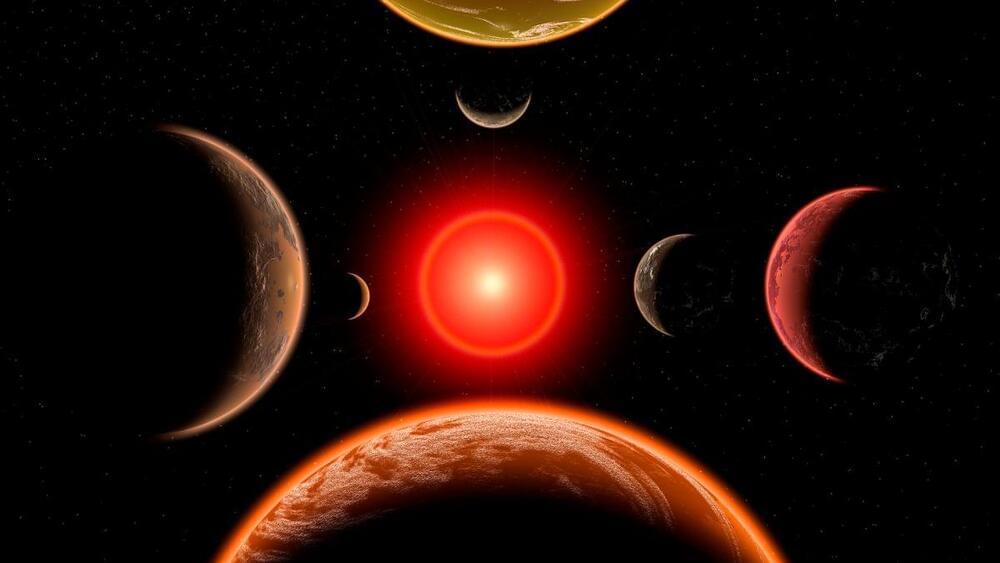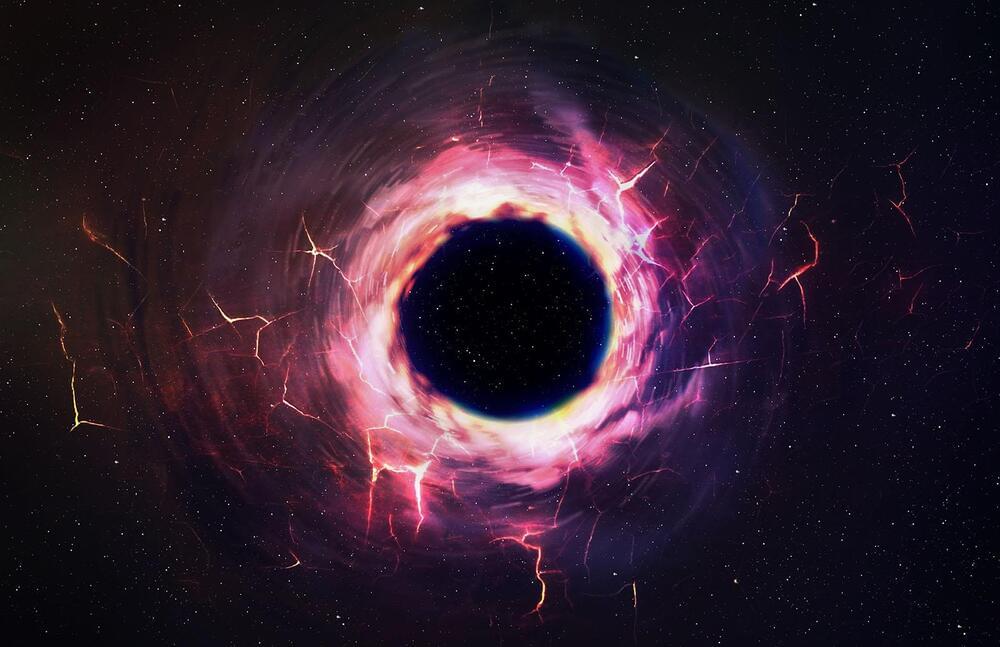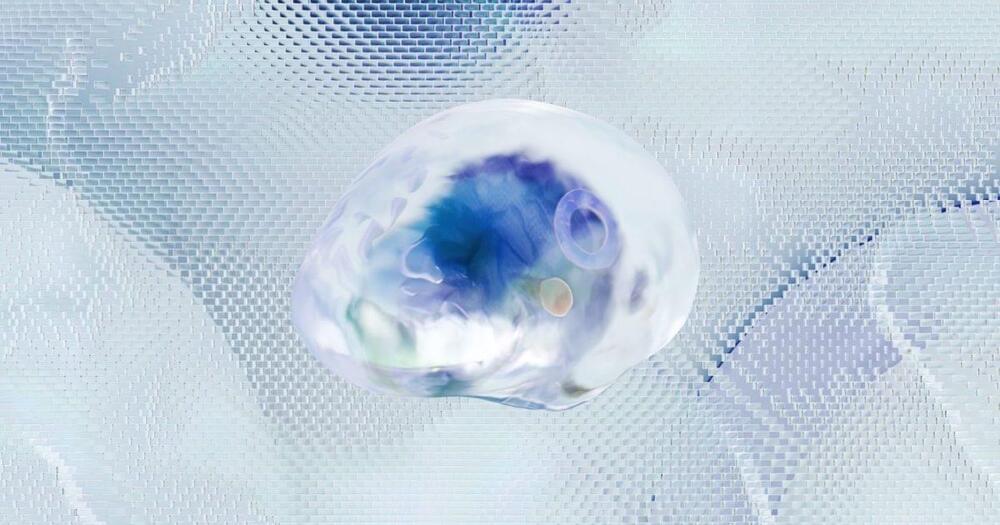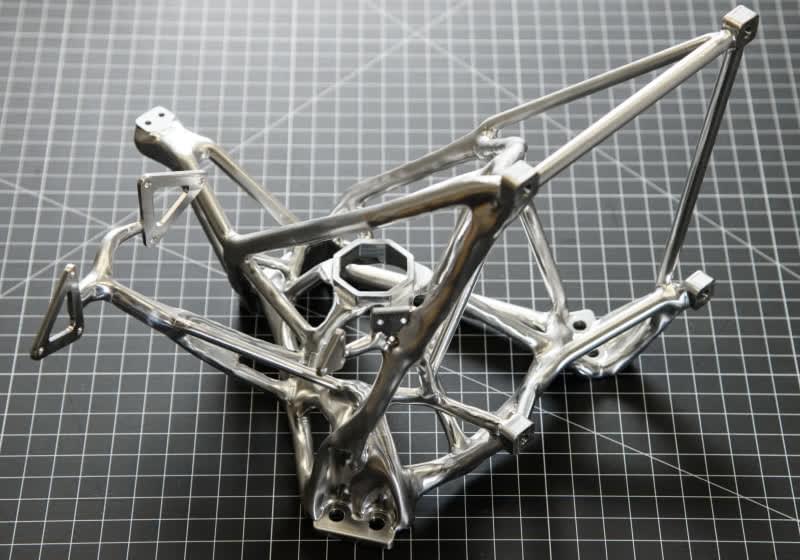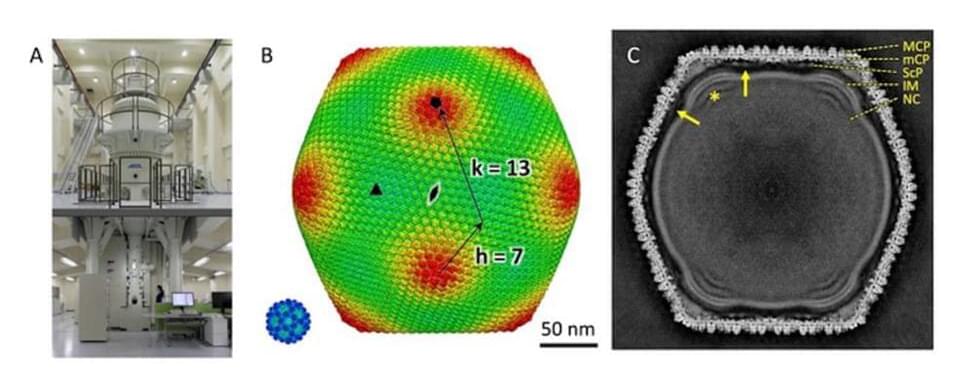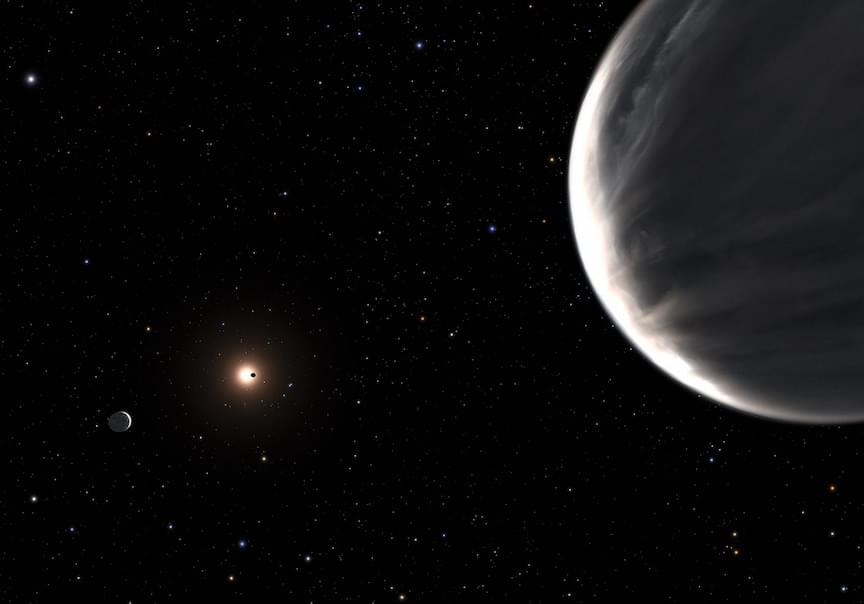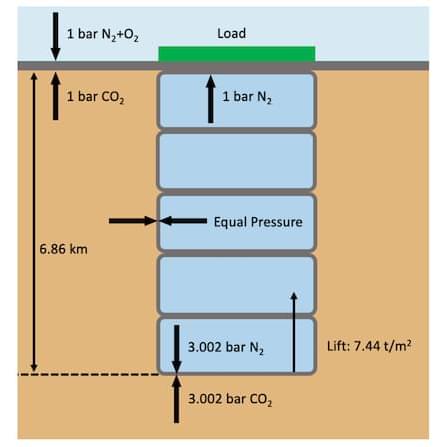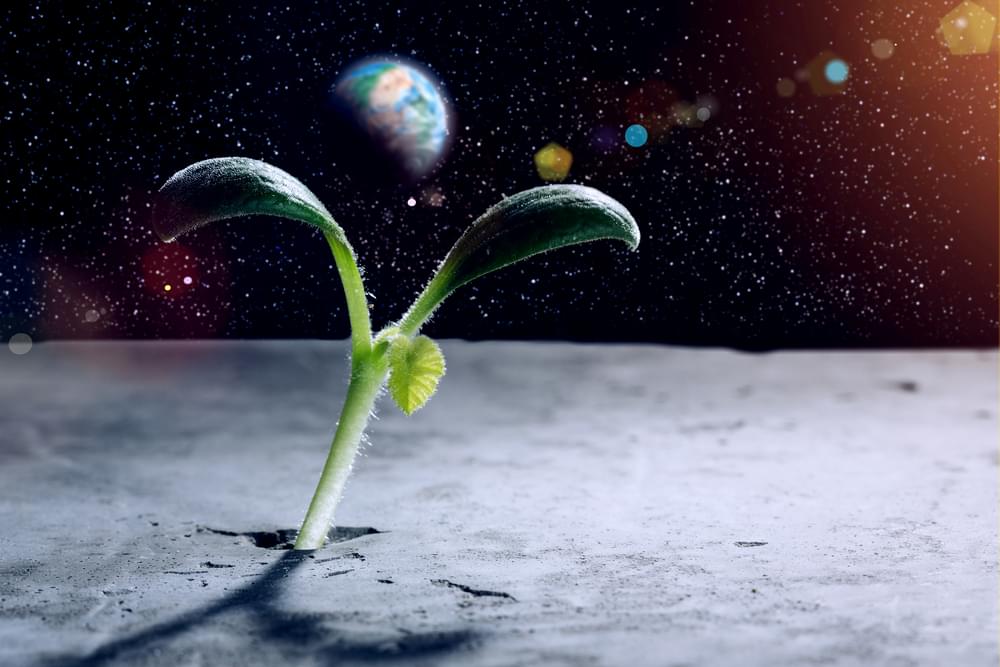Yeah, death is scary and freaky, but on the other hand, I have no direct idea of what it actually involves (having never been dead myself). Given that reality, my job is to live this life as completely as possible. You can engage fully in its richness, its sorrows, and its beauty, or you can miss it by worrying about when or how this aspect of being ends.
From this perspective, the transhumanist desire to “conquer” death sounds like the worst forms of religious zeal. Both science and spiritual practice are supposed to help us look directly into the truth of life, the Universe, and Everything. Death, whatever it means, is part of all three. To spend effort thinking otherwise is to, quite sadly, miss the point profoundly.
Even more important, however, is the wrong-headedness of the transhuman conception of what it means to be human. Their idea is that it’s literally all in the head. Your life, in the transhumanist conception, is reducible to the computations happening in your brain. The totality of your experience — its vibrancy and immediacy and the strange inescapable luminosity of its presence — is all just meat computing. And if that’s the case, who needs the meat? Let’s just swap out the neurons for silicon chips, and it will all be the same. Heck, it will be better, and it gets to go on forever and ever.
